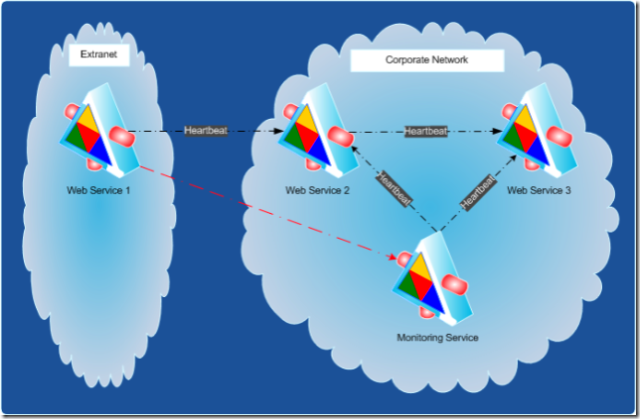Introduction
While Harry is out of the office on a well deserved vacation with his family I will be acting as a guest blogger for his website.
My name is Dale Churchward and I have been working at in Microsoft IT as an application architect since June 2006. Prior to coming to MS I worked in operations in both the telecommunications and healthcare industries. As Harry pointed out I tend to be very operations focused. While I love working on new technologies I am keenly interested in how a design will work in production, and try to ensure we have considered support considerations as part of our designs. Each member of our team comes in with a different background. This helps us as we are each strong in different areas. I also write to my own blog which can be found here. In my own blog I tend to write on a wide array of subjects, depending on my mood at the time. While Harry is away though, I will be posting on technology areas I am interested in, and staying true to his morning coffee vision, albeit with a slightly different take.
The Doughnuts
- The Build Master by Vincent Maraia is an excellent book if you are interested in the build process and how to make it as efficient as possible.
- We had a great meeting with the Patterns & Practices team the other day. Since I am still new to Microsoft it is still a bit overwhelming to meet the authors of documents you have read and used over the years.
- I recently have been spending some cycles working with System Center Operations Manager 2007. I believe that it provides some excellent tools to monitor and repair a system plus it’s designed to be service focused.
- Francis Stokes has produced 6 episodes showing what would happen if heaven was being run like a company named God Inc. There are currently 6 episodes. No matter what your belief or lack thereof in a supreme being the videos are hilarious.
- I have been spending a lot of time thinking about how heartbeat transactions between multiple services should operate. In the drawing below you can see 3 web services and a monitoring one. In the original design the monitoring service was sending heartbeats out to each of the web services to see if they were available. This seem inefficient to me as we really don’t care if the monitoring service can reach the web service. What we need to know is if any dependent web services are able to connect. In the drawing we have a web service residing in the extranet (Web Service 1) that sends data to a web service in the corporate network (Web Service 2). We really don’t care if the monitoring service can talk with web service 2, but we definitely want to know that web service 1 can get there. Once web service 1 realizes that is can’t connect to 2 we then notify the monitoring system so that the owner of web service 2 can take action. Web service 1 still continues sending heartbeats though so that it is aware of when the second web service becomes available again.
